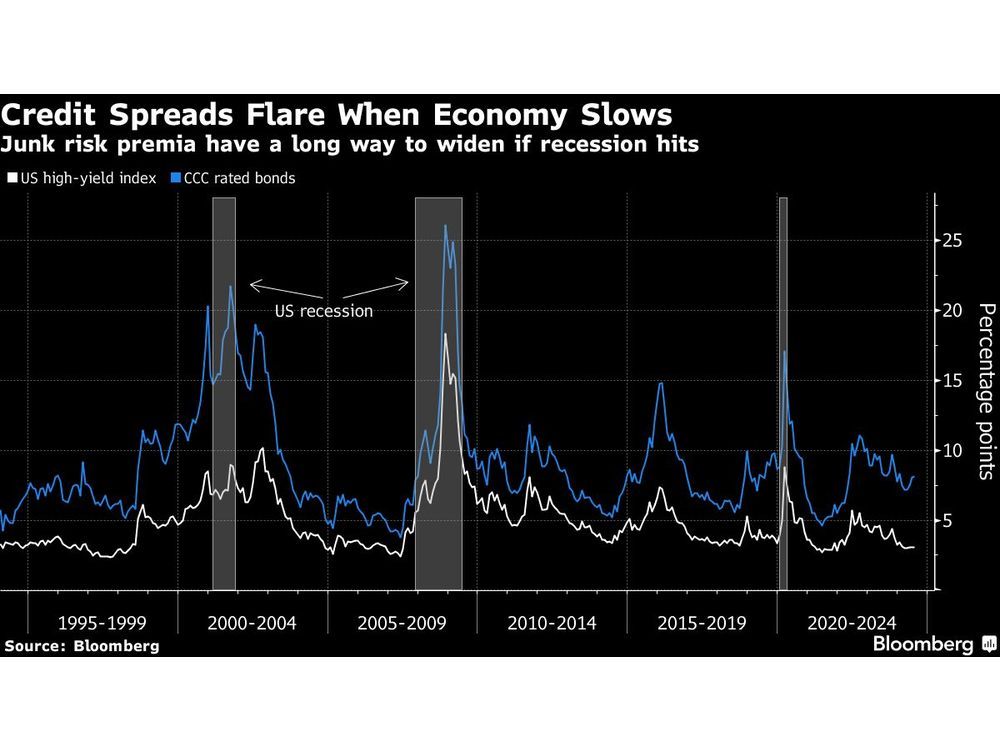Follow us on LinkedIn
When you’re looking for a personal loan, one of the most important things to understand is the annual percentage rate (APR). This number tells you how much your loan will cost each year, including both the interest charged on the loan and any fees. It’s important to compare APRs when you’re shopping for a personal loan because they can vary significantly from lender to lender.
What is an APR on a personal loan?
The APR on a loan takes into account not only the interest rate but also any additional fees charged by the lender. This allows you to compare the overall cost of different loans and make an informed decision about which one is best for you.
How do APRs work?
The APR on a loan is typically expressed as a percentage. For example, if your loan has an APR of 10%, that means you will pay 10% in interest and fees every year on the amount you borrow.
It’s important to note that the APR is not the same as your monthly interest rate. The APR takes into account the compounding of interest, which means that the interest charged is added to your loan balance and then additional interest is charged on that amount. This can result in the total cost of your loan being higher than simply the monthly interest rate multiplied by the number of months you have the loan.
When shopping for a personal loan, be sure to compare APRs from various lenders to get the best deal and save money in the long run. And remember, a lower APR doesn’t necessarily mean a better deal if the loan has higher fees or stricter repayment terms. It’s important to consider all aspects of the loan before making a decision.
Why are APRs important?
The APR can also be helpful in understanding the true cost of borrowing money over time. While a lower interest rate may seem appealing, it’s important to consider the fees and the length of time you’ll be paying back the loan. A lower interest rate with a longer repayment period may result in a higher overall APR than a higher interest rate with a shorter repayment period.
When considering your options for a personal loan, make sure to carefully review the APR and compare it with other lenders to make sure you’re getting the best deal. And always be sure to fully understand the terms and conditions before committing to a loan.
FAQs
What is a good APR on a personal loan?
There is no set “good” APR for a personal loan as it can vary based on your credit history and other factors. It’s important to compare APRs from different lenders and consider all aspects of the loan before making a decision.
Can I negotiate my APR on a personal loan?
Your APR is determined by the lender and your credit history, but it’s always worth asking if there is any room for negotiation. It’s also a good idea to shop around and compare rates from various lenders before deciding on a loan.
Can I get a lower APR on a personal loan by getting a cosigner?
Having a cosigner with a good credit history may improve your chances of getting a lower APR on a personal loan. However, it’s ultimately up to the lender’s decision. It’s important to carefully consider the risks and responsibilities before agreeing to a cosigned loan.
Does APR matter if you pay on time?
It’s important to consider the APR when taking out a loan because it affects the overall cost of borrowing money, even if you always make your payments on time. A higher APR means a higher overall cost, so it’s important to compare APRs and consider all aspects of the loan before making a decision.
What APR is too high for a loan?
There is no set “too high” APR for a loan as it can vary based on individual circumstances and the terms of the loan. It’s important to carefully compare APRs from different lenders and consider all aspects of the loan, including fees and repayment terms, before making a decision. It’s also important to only borrow what you can afford to pay back.
How do I lower my APR?
There are a few ways to potentially lower your APR on a personal loan. These include improving your credit score, shopping around and comparing rates from different lenders, and potentially getting a cosigner with a good credit history. It’s important to only borrow what you can afford to pay back in a timely manner.
Is it better to have a lower interest rate or APR?
It’s important to consider both the interest rate and APR when taking out a loan. A lower interest rate may seem appealing, but it’s also important to consider any fees or stricter repayment terms that could result in a higher overall APR. It’s best to compare APRs from different lenders and consider all aspects of the loan before making a decision.
Does APR depend on credit score?
Your credit score can play a factor in determining your APR on a personal loan. Generally, a higher credit score may result in a lower APR while a lower credit score may result in a higher APR. It’s important to work on improving your credit and shopping around for the best rates before taking out a loan.
Can I improve my APR over time?
Your APR on a personal loan may potentially improve over time by making timely payments and improving your credit score. However, it’s ultimately up to the lender’s decision. It’s important to only borrow what you can afford to pay back in a timely manner and work towards improving your credit. Additionally, shopping around and comparing rates from different lenders may also help you find a better APR on a personal loan.
Why is my APR going up every month?
There are a few potential reasons for your APR increasing every month, including missed or late payments, changes in the market interest rate, and actions taken by the lender. It’s important to carefully review the terms of your loan and discuss any concerns with the lender. Shopping around and comparing rates from different lenders may also help you find a better APR on a personal loan.
The bottom line
The APR on a personal loan can affect the overall cost of borrowing money, so it’s important to consider and compare APRs before making a decision. Improving your credit score, shopping around for rates, and potentially getting a cosigner may help you get a lower APR. It’s also crucial to only borrow what you can afford to pay back in a timely manner.
Further questions
What's your question? Ask it in the discussion forum
Have an answer to the questions below? Post it here or in the forum
Meta rolled back January 6-era restrictions on former President Donald Trump's social media accounts ahead of the Republican National Convention.



June saw 75 filings, up from 62 in May and above the pandemic-era peak of 74 in July 2020, according to S&P Global Market Intelligence.

Credit markets are breathing a sigh of relief after inflation data showed price pressures are cooling broadly, but a weakening economy poses fresh risks to corporate debt.